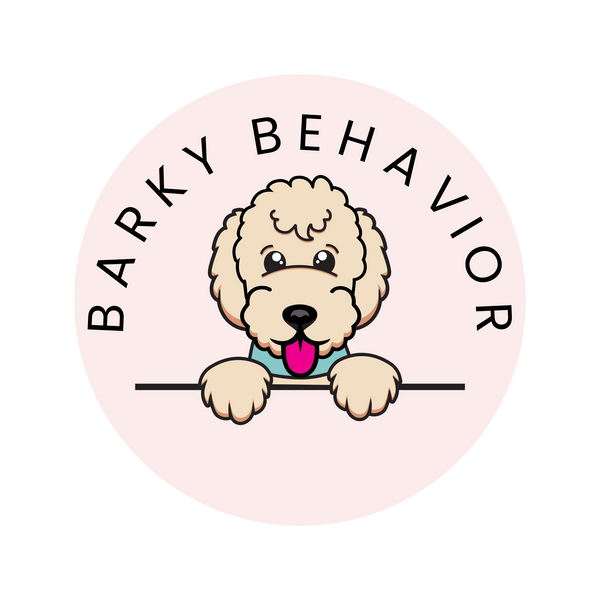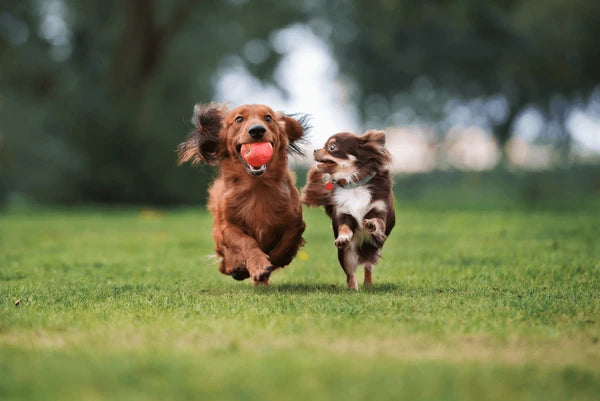Raising a well-adjusted, confident, and happy dog starts with good socialization practices early in life. Socialization involves introducing your puppy to a variety of people, animals, environments, and experiences during their formative weeks and months. Today, let’s dive into why early socialization is so crucial and how dog parks play a vital role in this developmental stage.
Why Socialize Early?

Foundation for a Fearless Future: Puppies have a critical socialization period that lasts until about 12 to 16 weeks of age. During this time, their brains are incredibly receptive to new experiences, and the encounters they have can shape their perceptions of the world around them for the rest of their lives. Positive interactions help them learn that the world is a fun place, not something to fear.
Building Social Skills: Just like humans, dogs need to learn appropriate social behaviors. Early socialization teaches them how to interact properly with other dogs and people. This includes understanding body language, respecting boundaries, and learning play etiquette, which are all crucial skills for any social setting.
Preventing Behavioral Problems: Lack of socialization can lead to fear, aggression, and anxiety disorders in dogs. These issues are much harder to correct later in life and can significantly impact the dog's quality of life, as well as their relationship with you and others.
The Role of Dog Parks

Dog parks offer a unique environment that is hard to replicate elsewhere. Here’s how regular visits to a dog park can benefit your puppy:
Diverse Interactions: Dog parks are filled with dogs of all shapes, sizes, breeds, and temperaments. This variety provides your puppy with the opportunity to learn how to navigate the social intricacies of interacting with different types of dogs under close supervision.
Safe Space for Play: Dog parks are designed with dogs’ needs in mind, often offering safe, enclosed areas where puppies can run, play, and explore without the dangers of traffic or getting lost.
Energy Release: Puppies have a lot of energy! Regular visits to the dog park allow them to burn off some of that energy in a healthy way. Physical activity is important for their physical health, but it also helps keep behavioral issues at bay.
Learning from Others: Puppies learn a lot from older, more experienced dogs. At dog parks, they get to observe and interact with adult dogs, who can serve as role models. These interactions can help puppies pick up on calm and balanced behaviors more quickly.
Tips for a Successful Dog Park Experience

- Start Slow: Begin with less crowded times to gradually introduce your puppy to the park environment.
- Vaccinations are Vital: Ensure your puppy is fully vaccinated before exposing them to other dogs to prevent disease.
- Observe and Interact: Always keep an eye on your puppy, ready to intervene if play becomes too rough or if your puppy seems overwhelmed.
- Regular Visits: Consistency is key. Regular visits can help reinforce positive behaviors and comfort with the setting.
Conclusion
Socializing your puppy at a young age opens a world of benefits that go beyond mere play. It’s about nurturing a well-rounded, sociable, and confident dog who can handle new experiences with ease. Dog parks play a crucial role in this journey, offering a dynamic social and learning environment. Embrace these early days of exploration and discovery—they lay the groundwork for a lifetime of happiness and companionship.
So, leash up, bring some treats and water, and head to your local dog park—you and your puppy will be glad you did!

